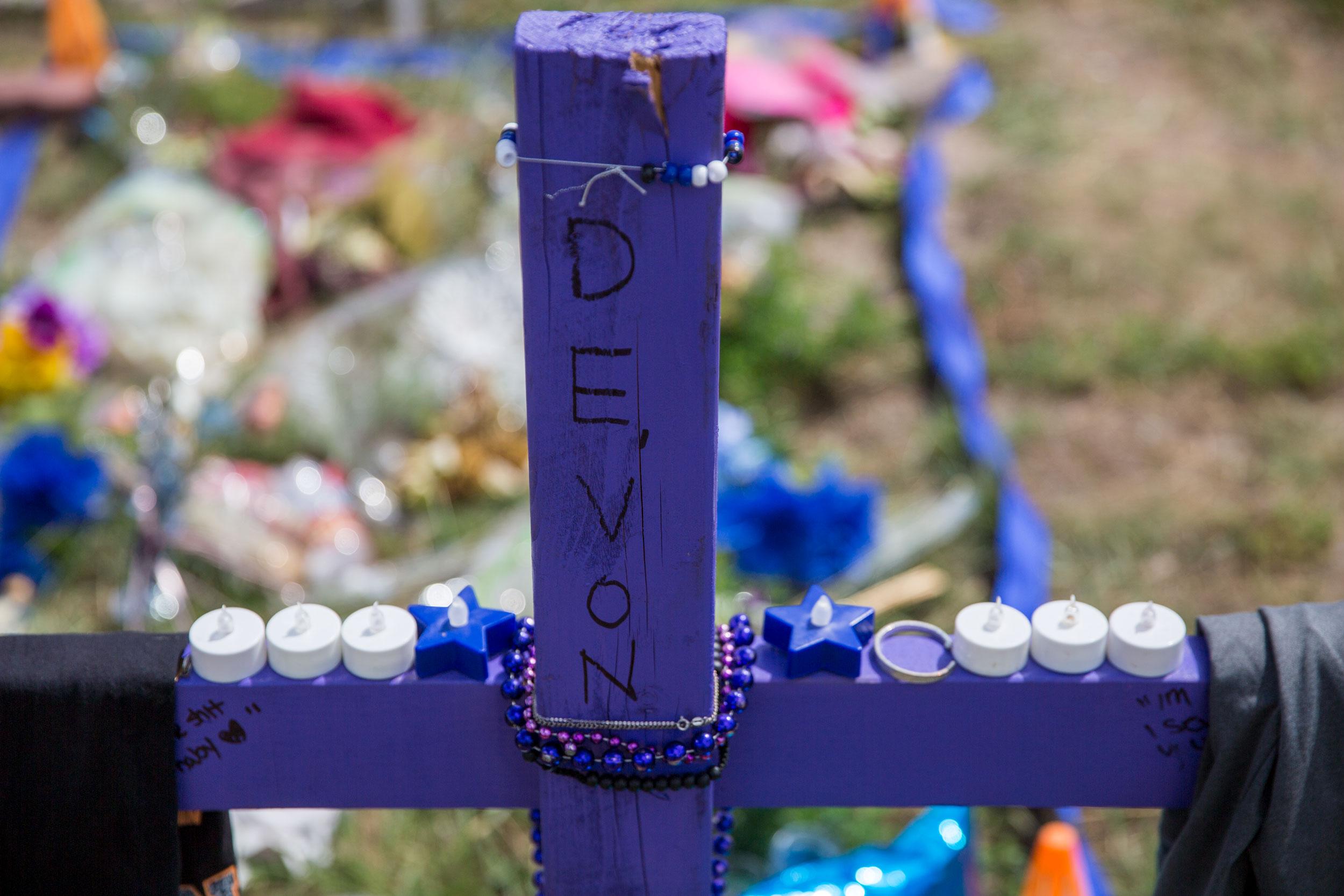
The District Attorney for El Paso County will ask a grand jury to consider whether officers did anything wrong in the August 3 shooting of 19-year-old De'Von Bailey.
Dan May announced his decision in a Tweet Friday:
Bailey was shot to death as he fled from officers during an investigation into an armed robbery. Officers said Bailey was shot after he “reached for a firearm.”
The police department later released body camera footage from the incident. The graphic video showed officers firing eight shots total -- hitting Bailey three times in the back and once in the arm as he ran. Bailey was found to be carrying a gun, but did not reach for it as claimed.
The shooting was turned over to the El Paso County Sheriff’s Department for investigation, a legal protocol outlined in a memorandum of understanding between the Sheriff and Colorado Springs Police.
Bailey's death led to an ongoing community outcry in Colorado Springs, spearheaded by the Bailey family’s attorneys and local African American faith leaders. Much of their concern has focused on the police department’s agreement with the El Paso County sheriff and district attorney to have those offices handle investigations into shootings by officers. Bailey’s supporters have argued the three offices are too closely linked to fairly investigate one another.
Gov. Jared Polis got involved in the debate, calling on the district attorney to hand the investigation to another agency.
“Our nation is grappling with difficult challenges concerning race and how we treat one another,” Polis said in a statement. “It is more important now at this moment in time that our law enforcement agencies go above and beyond to maintain public trust and confidence.”
That request drew angry responses from El Paso County officials. Colorado Springs Mayor John Suthers, a former state attorney general, called the request “politically motivated” and questioned why the governor had not asked for outside investigations into police shootings elsewhere in the state.
Here's what happens now.
Under Colorado law, grand juries are typically made up of either 12 persons, or 23. At least nine jurors must be present at any meeting to constitute a quorum.
Members are chosen by a chief judge for a judicial district "with the advice of the district attorney," from a list drawn by the court administrator of eligible residents, according to law. The court has the authority to keep the identities of grand jurors secret "to protect the judicial district grand jury process or the security of the grand jurors."
The district attorney makes the presentation to the grand jury, in secret, and if at least nine members agree, the grand jury can issue an indictment, charging an individual with a crime. Or the grand jury can find that no crime occurred, or, on rare occasions, issue a report to the court about what they learned.
This is a developing story and will be updated.








